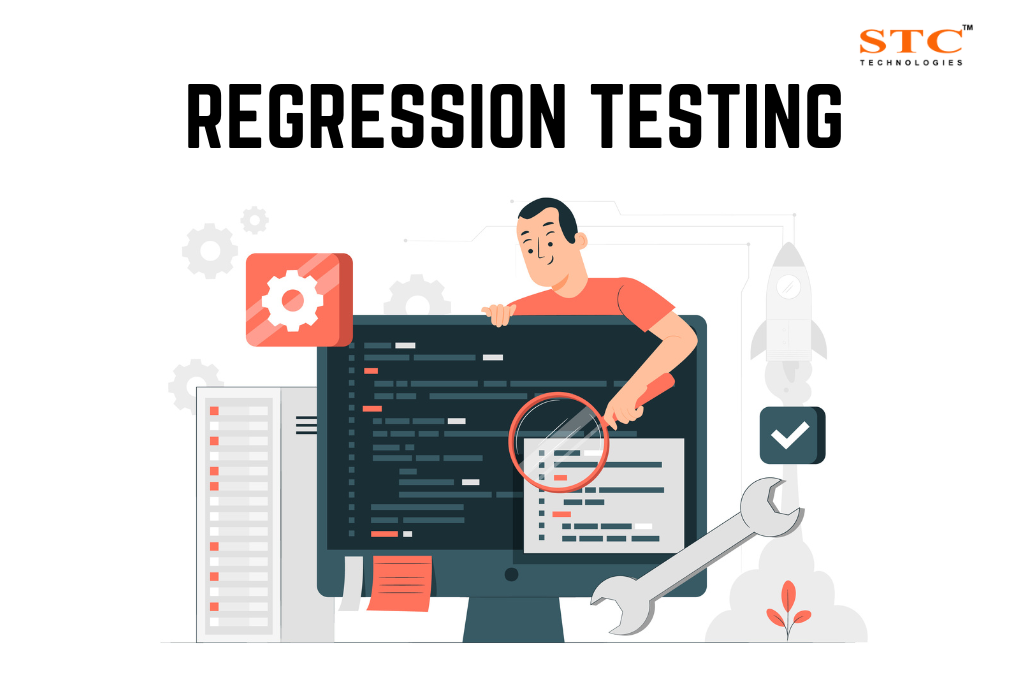What is regression testing? Some would say it’s the testing of features that were implemented after a software development project began. However, Regression testing is a type of software testing process to verify whether a product or its functionality was affected by any kind of changes. This process provides flexibility to identify problems and makes it easier for the user to fix them before they seriously impact the systems.
Regression testing is a process that analyzes the software changes and looks for defects or vulnerabilities that have been introduced since the last version of the software was released. You can learn much more about regression testing in this blog post by the best software testing institute in Ernakulam.
Why you should perform regression testing
Regression testing involves re-running previous test cases and evaluating the current system. It helps to make sure that it’s still functioning properly after new changes were made. In certain cases, regression testing may involve using specialized testing tools to determine whether or not any other features have been impacted by the recent modifications.
Regression testing should be performed at regular intervals throughout the development process. A few reasons why you should perform regression testing include:
- To ensure that your software continues to work as expected.
- To identify bugs before they affect your users.
- To catch bugs before they’re released to production.
The purpose of regression testing is to find any issues with new updates or changes made in your codebase. So you can fix them before they cause problems for users or other systems. The process involves comparing two different versions of your application. One from before any changes were made and another after those changes were implemented — and looking for any differences between them.
Regression testing is performed by comparing the current state (baseline) against a previous state (historical data) before and after an update has been made to the system. If there are any differences between the two states, then it suggests that there may be problems with the new code. With so much code being written, it’s almost impossible to keep up with all the changes in your software. This is where regression testing comes into play. It ensures that your software is functioning correctly, even after you’ve made changes or added new features.
Regression testers are often called upon to test applications after they have undergone significant changes such as major upgrades or feature changes. Regression testers can also be called upon to evaluate applications that have been released under new operating systems for compatibility issues with existing applications. STC provides the best software testing courses Kochi including training in regression testing tools for any software, website, web services, and mobile application.
Types of Regression Testing
Regression testing is an essential part of software testing. It ensures that there are no regressions (changes) in the software after a software developer has fixed bugs.
- Corrective Regression Testing.
- Retest-all Regression Testing.
- Selective Regression Testing.
- Progressive Regression Testing.
- Complete Regression Testing.
- Partial Regression Testing.
- Unit Regression Testing.
Conclusion
Regression Testing is extremely important in Software Testing. If it once executed would help to ensure that no new bugs have crept into the software system being tested. And also helps to point out any earlier defects that may have been modified. It makes use of sophisticated statistical tools to help generate comprehensive coverage reports and that too at a lesser cost.
Software testers are the people who test the software for bugs or errors before the final release. If you want to become an expert in all aspects of software testing, STC is the best software testing institute in Ernakulam.

